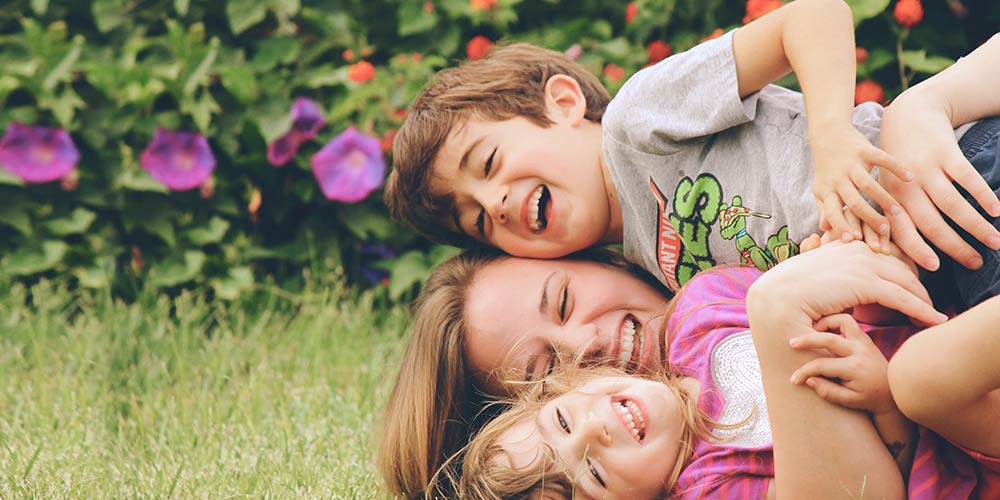My daughter gets frustrated when her older brother begins poking fun at her- sometimes to the point of tears! He isn’t necessarily trying to be mean, but each little poke has a tinge of truth to it that she finds offensive. She has a hard time figuring out if he is actually kidding or if he is just cutting her down with a pinch of humor. If I let his sarcastic banter go on for too long, she retaliates and they both end up hurt.
Sarcasm might get a good laugh out of some, but it almost always leaves a sting for everyone involved. Explaining sarcasm to a child is important to keep relationships healthy and free from hurt. Here are 3 ways your sarcastic kid might get burned in the long run.
Sarcasm has victims.
Sometimes my kids will make jokes at someone else’s expense. It’s different than playful banter. When your child is making jokes that humiliate someone else, they’ve crossed the line and have stopped being funny. Insulting others might get a few laughs from others but do your kids really want to be funny to the type of people who laugh at these jokes?
It is subtle, but sarcastic jokes about others are intended to sting. Keep your child from roasting others by staying away from jokes that poke at the intelligence, looks, or behaviors others. When explaining sarcasm to a child, they need to know that their jokes should still be respectful.
Sarcasm complicates communication.
When my kids are using sarcasm, it is hard to tell whether they are kidding or being serious. Their sarcasm makes it difficult to read their emotions. In fact, they might want it that way. Sarcasm is used as a defense mechanism to deflect any hurt, anger, or irritation someone might be feeling. Sarcasm is not the avenue for open communication. When explaining sarcasm to a child, it’s important that they know they can trust us to listen when they communicate how they’re feeling with honesty.
Sarcasm risks relationships.
If our child’s sarcasm has a victim or a passive-aggressive flair, they are bound to hurt someone. Their sarcasm will also encourage others to make similar sarcastic quips about them that can cut deep. Hurting people hurt others; which makes for more drama than our kids were asking for. If they are prone to offense when someone makes a similar joke about them, it’s best that they keep their sarcastic remarks at a minimum. Their relationships with others are way more important than a few seconds of being a little bit funny. It’s helpful to remind them of the Golden Rule: do unto others as you would have them do unto you.
What are some ways you have helped your child understand sarcasm?










